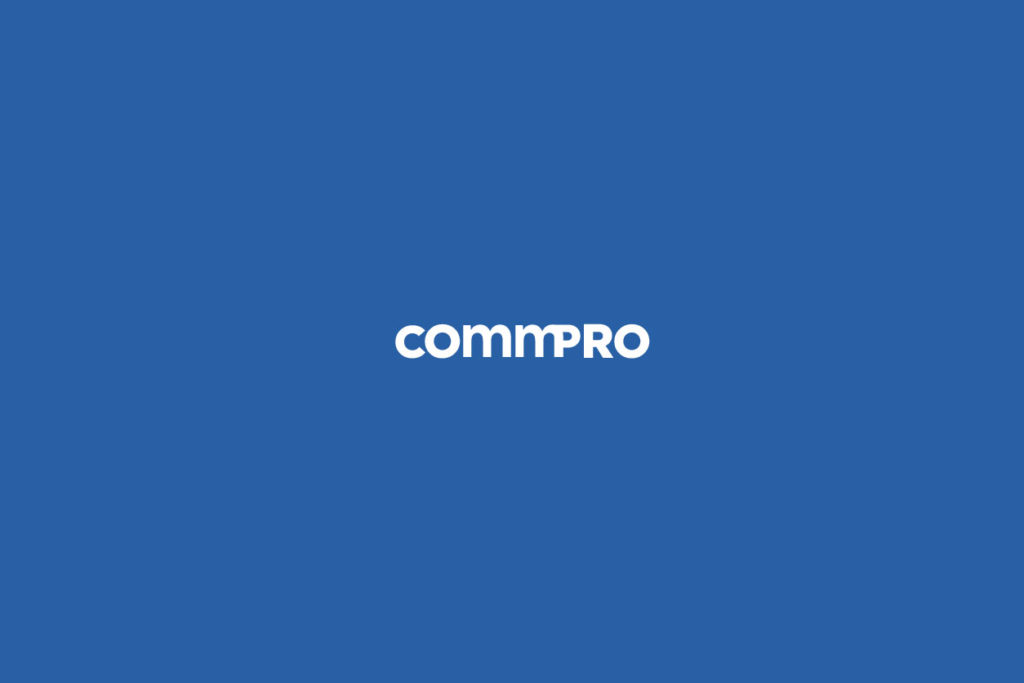Britt Carter, President, Pemberton
The Most Important Work of Our Careers

COMMPRO Roundtable:
During a recent CommPRO Executive Roundtable, the mood was surprisingly upbeat. Just months before, this group, comprised of leaders and legends from across the PR agency world, was expressing an existential predicament: business disappearing, payroll and rent mounting, teams dissolving, and every day seemed to deliver another steaming GrubHub bucket of bad news.
This latest Roundtable was different. These leaders have adapted. They have built new ways to communicate with their clients and teams, and they have found creative ways to grow new client programs, all while keeping their cultures strong.
In attendance were:
- Renée Edelman, Senior Vice President, Global Human Resources, Edelman
- Ben Boyd, Chief Operating & Strategy Officer, bcw (Burson, Cohn & Wolfe)
- Richard S. Levick, Esq., Chairman & CEO, LEVICK
- Ted Birkhan, President, Hot Paper Lantern
- Grace Leong, CEO & Partner, Hunter
- Stacey Cohen, President, Co-Communications
- Shelley Spector, President, Spector & Associates
- Lauren Parker, President & CEO, Frazier Heiby
- Neil Foote, President, Foote Communications & President, National Black Public Relations Society
- Scott Sobel, SVP, Litigation and Crisis Communications, kglobal
- Sandra Fathi, President, Affect
- Linda Descano, CFA,® Executive Vice President, Red Havas
- Peter Himler, Founding Principal, Flatiron Communications, LLC
- Ken Makovsky, CEO Makovsky
- Dale Bornstein, President, M Booth
- Kim Sample, President, PR Council
- Tiffany Guarnaccia, Founder, Kite Hill PR
- Bob Pearson, CEO, The Next Practice
- John Croll, CEO, Truescope
- Matt Kucharski, President, Padilla
Hosts:
- Fay Shapiro
- Britt Carter
- Mark Riggs
Culture & Morale
We asked the panel to discuss morale, as at our previous meeting there were serious concerns about how their teams were holding up. What we heard is that, generally, morale is high.
People are feeling more confident in the stability of their careers and the prospects of a good career path. Agencies that managed to survive initial lockdowns and budget shocks have found a way to stabilize and even grow. The novelty (and frustrations) of Zoom have largely passed. Some agencies are focusing on making WFH not just productive, but fun. Of course there are the afternoon Zoom cocktails, but agencies are doing more, including WFH kits (white boards, brainstorm games and toys, even egg timers to remind folks to leave the screen and get some outside time), meal delivery gift cards, even school supplies for team members’ kids who are also stuck in their own limbo.
Also, those from larger agency networks have seen greater collaboration and sense of collegiality during the pandemic. The rules have changed, and the vibe is different now. The “in this together” is now a requirement rather than an aspiration.
A caution, pointed out by a number of our panelists, is that our people are overworked and don’t know how to disengage. WFH burnout is real. Most agencies are operating with smaller teams. In many cases, however, the workload has actually grown. Leaders have to work hard to push their people away from the screens.
New Business
Our group was clearly bullish on prospecting for new business. As many agencies adapt and pivot their business toward different offerings, clients are doing the same. Our panel was finding a greater receptiveness to introing a new capability or pursuing a category adjacency that may not have felt right in the past.
The point was also made that, as our agencies change we encounter new competition. So while we are knocking on new client doors, other agencies are pursuing our clients more aggressively.
Organic Growth
Since my partner Mark and I focus only on organic growth, we wanted to hear how our panelists were managing this part of their business. Most were finding opportunities with existing clients, often in the form of ancillary workstreams. Some of the ideas shared:
- Adding “program management” fees to accounts. A surprising number of agencies don’t build this into SOWs. As those scopes get renewed, adding this line item boosts revenue and builds a stronger long-term relationship with the client.
- Reputation and issues planning. Again, we find many clients don’t have an effective reputation management program. With market uncertainty comes reputational vulnerability. Offering to develop a plan, media train leadership, coordinate internal comms, etc., can boost the budget and demonstrate the agency’s broader capabilities.
- Pick up the phone or send a Zoom invite. Within this ongoing weirdness, our panel finds that it’s easier to set up that intro call/zoom with a new contact within an existing client. There is greater receptivity for hearing from a new voice.
We’re Human
Likely the most widely (and certainly most heartwarming) sentiment expressed by the panel was that, during this strange and awful period, we have been reminded of our humanity. The pandemic has offered us a respite from the typical heads-down grind. Our collective bewilderment has inspired an outpouring of kindness. In our group alone, fierce competitors have now become friends. Agency leaders are sharing ideas for clients, and for staff, that, in normal times, would have been held as state secrets.
The success of our industry depends on this mutual support. It extends to our clients, too. Our group is having conversations with clients that would have felt unprofessional, perhaps, in the past. We’re talking about our career anxieties and uncertainties about the future. Within this new dynamic, business is happening with a new, more human touch.